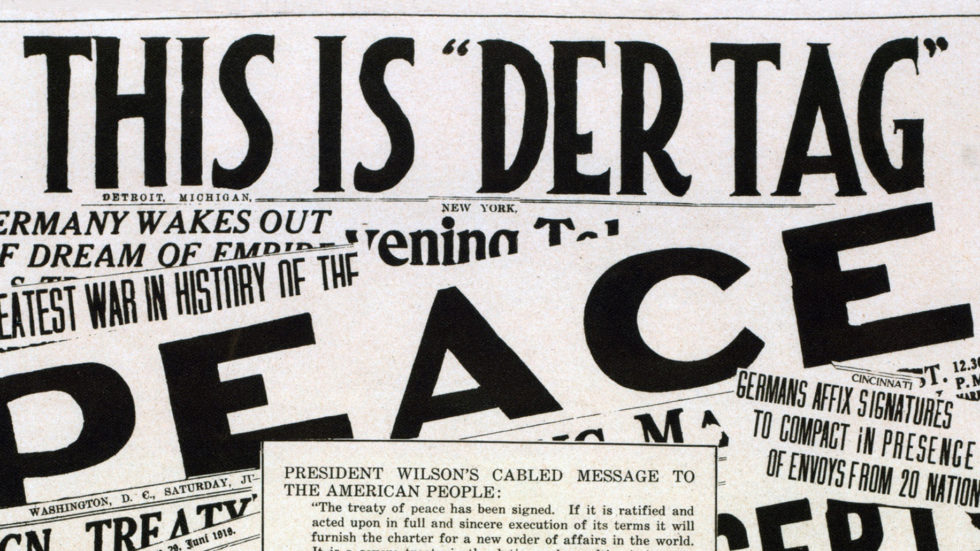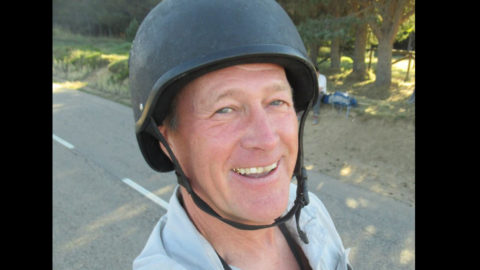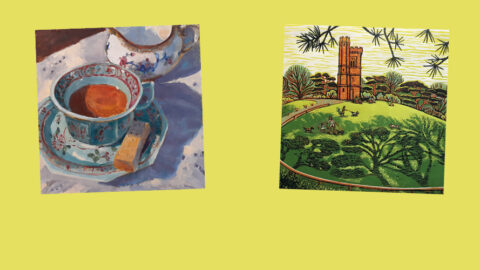The Danehill Diplomat Who Helped Reshape The Modern World

The Danehill Diplomat Who Helped Reshape The Modern World
Sunday, July 28 marks 105 years since the start of the First World War, a conflict which would become known as the war to end all wars. After the war it was hoped that peace would be achieved in part by countries working together in an intergovernmental framework – the League of Nations. This month RH History Uncovered remembers Danehill Diplomat, Robert Cecil, a chief architecture of the organisation.
Lord Robert Cecil, 1st Viscount Cecil of Chelwood was born in London on September 14, 1864, son of Robert Gascoyne-Cecil, 3rd Marquess of Salisbury, who served three times as UK Prime Minister. He studied law at Oxford, before going on to work for his father as private secretary, and called to the bar.
After practicing law, Lord Cecil was elected Conservative MP for Marylebone East at the 1906 General Election, he did not seek relection in the seat in either of the 1910 General Elections. He returned as an Independent Conservative in a 1911 by-election in Hitchin, a seat which he would serve until 1923.
In 1915, he became a minister of state in the Foreign Office, he noted the war’s threat to European civilisation, urging an alternative to war to settling international disputes and pointed out that neither the end of German militarism, nor a settlement based on self-determination would guarantee peace.
The Paris Peace Conference, also known as the Versailles Peace Conference, formally opened in January 1919, it brought together diplomatic representatives from the victorious Allied Powers of the First World War for them to set the peace terms for the defeated Central Powers following the end of the conflict.
Lord Cecil did not stand in the General Election of December 1923, and was appointed Viscount Cecil of Chelwood, of East Grinstead in the County of Sussex. The Conservative party returned to power in the October 1924 election, and Lord Cecil was asked to become the Chancellor of the Duchy of Lancaster.
At this time, Lord Cecil spoke on more domestic issues including concerns about the increasing social problems and public dangers associated with the growth of cars. In 1929, Lord Cecil became president of the new Pedestrians Association which campaigned successfully to see new safety measures introduced.
Following a considerable number of years which saw the League of Nations come under significant strain, the organisation was unable to halt the worsening of relations in Europe which soon escalated into war in 1939, 20 years on from the hope and optimism established in Paris that the league would help prevent.
The legacy of the league, of which Lord Cecil was a chief architect, in helping to reshape the modern world remains debated by historians, however, Danehill’s diplomat played his part in world peace, and the organisation would be replaced in the post-Second World War era by the United Nations (UN).
In the spring of 1946, Lord Cecil participated in the final meetings of the League at Geneva, ending his speech with the sentence, “the League is dead, long live the United Nations!”, he died on November 24, 1958 at his home at Chelwood Gate, he left no heirs and his Viscountcy became extinct upon his death.






